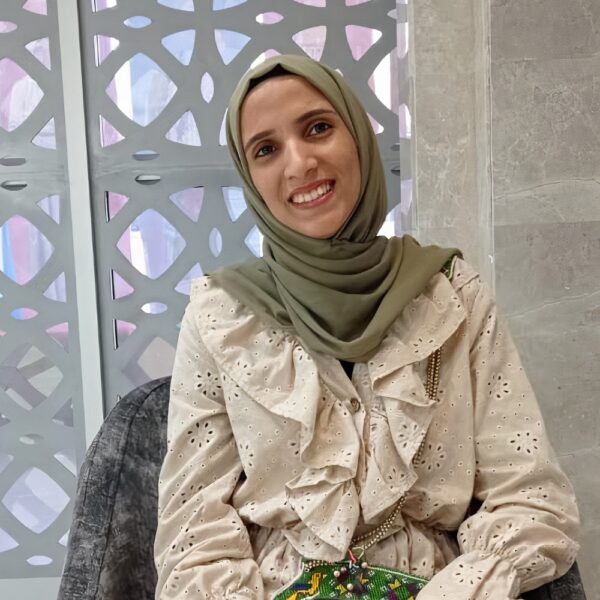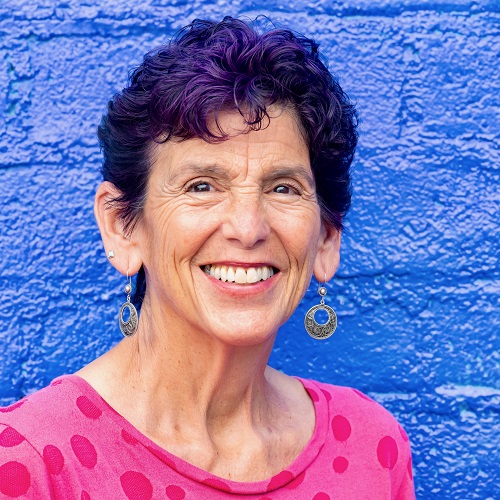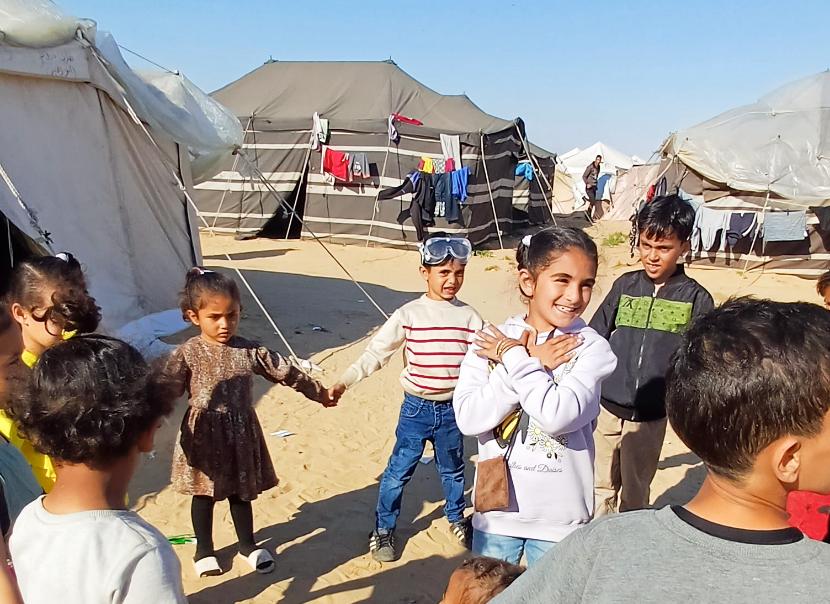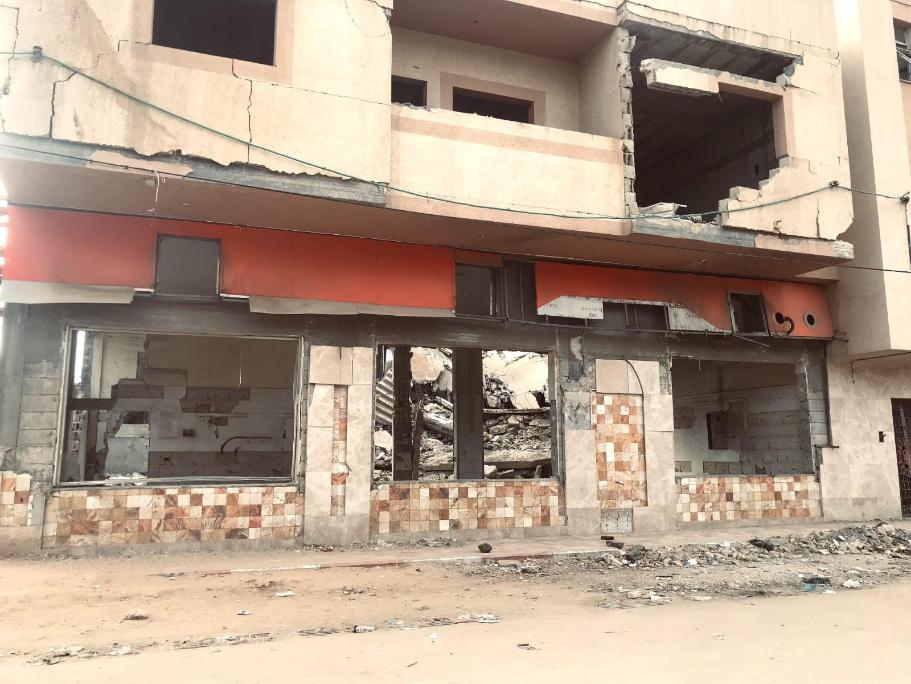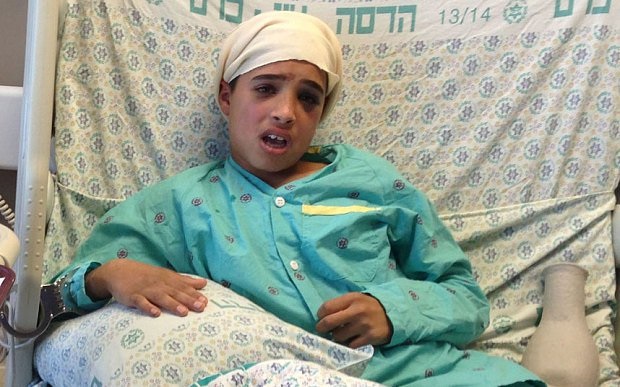
Editor’s Note: This piece is an imagined rendering of a day in prison for Ahmad Manasrah, based on factual information from news reports, journalistic articles, and a press conference his father gave in March 2022.
Ahmad wakes up alone in a dark cell in the Ramla prison. He tries to stand, but his cuffed hands and shackled legs make any movement difficult. It is another day of drowning in the dark four walls of the cell, which tightens his vision and traps him and his dreams.
He spends 23 hours with ghosts of the Israeli soldiers who forced him to admit to stabbing a settler at age 13, when he did not possess the physical strength or the mental capability to even think of laying a hand on another person. Those same inhumane soldiers called him a liar when he screamed, “I cannot remember. Take me to a doctor, I have gone crazy. For God’s sake, believe me!” One hour per day is all he gets to spend outside the cell where he gets to feel the light of the real sun and breathe the air. He is barred from socializing with fellow Palestinian prisoners and deprived of family visits.
He tries to run his fingers over the aching scars on his neck and press them to heal them, but the pain only gets worse. The fracture in his skull, which led to a hematoma on his brain, stops him from thinking of the present, but instead only allows him to see flashbacks of Israeli settlers kicking him, hitting him on the head, running him over with a police car and screaming at his 13-year-old self, “Die, die, die!” He remembers his blood flooding toward the land that he knows like the back of his hand. That same land embraced the body of his 15-year-old cousin, Hasan, after he was wrongly executed on that same day.
A plate of food is shoved to him through a slot in the cell’s door. He holds the plate, but thinks only of the days his mum prepared his favorite food. She would place it on an elegant white plate on the family’s table, then call him to come eat. The awful food in prison is a way of humiliating him, but at home, it is the way his mum showed motherly love for him and his siblings. Israeli prisons turn every beautiful thing one has ever known into a dreadful nightmare one tries to escape.
He hears the incessant sirens and the guards’ verbal abuses, but the only sound he tries to access is the chirping of his canaries in the backyard of his home in Beit Hanina. He wonders if his birds miss him and cry for him, just as he used to when one of them had flown away. Does the occupation steal their freedom of crossing the sky and prevent them from migrating south?
He is 21 now. He tries to think about the stories he will tell his children one day. Will he tell them about how the Israelis accused him of stabbing a settler? Or how they deliberately held him until he turned 14 so that he could be falsely sentenced as an adult and imprisoned for nine and a half years? Will he tell his children that the Israelis prohibited him from writing his high school exams in 2020, after he had spent a year studying for them? He asks himself how he can possibly heal from the mental disorders he is battling now when the bruises all over his body are telling him it is impossible. How can he talk about being brutally interrogated, abused mentally and physically, and having to fight psychological battles with the never-vanishing Israeli demons?
Ahmad is not insane. He is being driven crazy by the damn Israelis. His health is deteriorating. He is exhausted by the horrific prison circumstances and the endless interrogation methods, the deprivation of sleep and rest. He is being killed slowly by the barbaric colonialist state. He deals with constant headache and acute pain that cause him to lose control of his nervous system. He is given the wrong medication and barred from receiving adequate medical treatment, which worsens his condition. The Israelis treat him as a terrorist and a “vandal” they want to take revenge on.
Ahmad can no longer bear the heaviness of his mind, which sickens him with poisonous thoughts. He finds refuge in visualizing himself under the wide blue sky, which he can see reflected in the dazzling waves of the Mediterranean. He paints an image of himself, lying his aching body, pounding heart, and numb mind on the golden sand. He hopes that his heart might find its way back to normalcy, as when he was a young child running through the fields, taking care of his birds and counting the stars with a clear mind.
Ahmad thinks of his eight delayed birthdays, the thousands of mother’s and father’s hugs he’s missed, and the millions of reckless, youthful adventures he should have experienced. He tries to find traces of his childhood but ends up unable to, because it never existed.
To help free Ahmad, please sign this petition:

